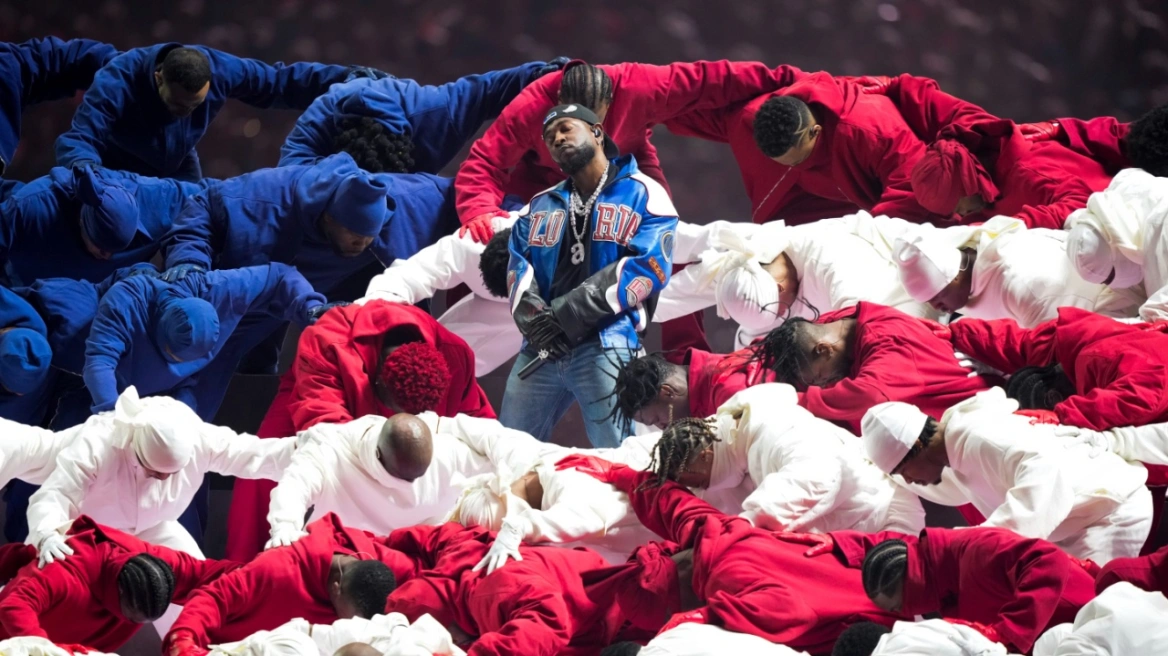Kendrick Lamar’s Super Bowl LIX Halftime Show was a cultural milestone, making him the first solo rapper to headline the event and drawing in record-breaking viewership. However, alongside the critical acclaim, the performance also generated controversy, leading to 125 formal complaints to the Federal Communications Commission (FCC).
According to a newly obtained report, complaints targeted Lamar’s lyrics, choreography, and overall presentation, with some viewers labeling it as “provocative” and “inappropriate for a family event.” Others accused the performance of being racially divisive, while some took issue with the inclusion of Serena Williams, claiming her brief dance move promoted “gang affiliation.”
Despite the backlash, Lamar’s performance was widely celebrated for its artistic depth, featuring a powerful setlist that spanned his career, including selections from his latest album GNX. The show also included a censored version of Not Like Us, his high-profile diss track aimed at Drake, adding an extra layer of intensity to the moment.
Lamar’s Super Bowl appearance not only fueled conversations about the intersection of music, race, and public broadcasting standards but also reinforced his influence in modern hip-hop. Following the halftime show, GNX surged back to No. 1 on the charts, proving that controversy and cultural impact often go hand in hand.
While some viewers expressed outrage, the sheer magnitude of the performance solidified Kendrick Lamar’s legacy as one of the most significant and fearless artists of his generation.


